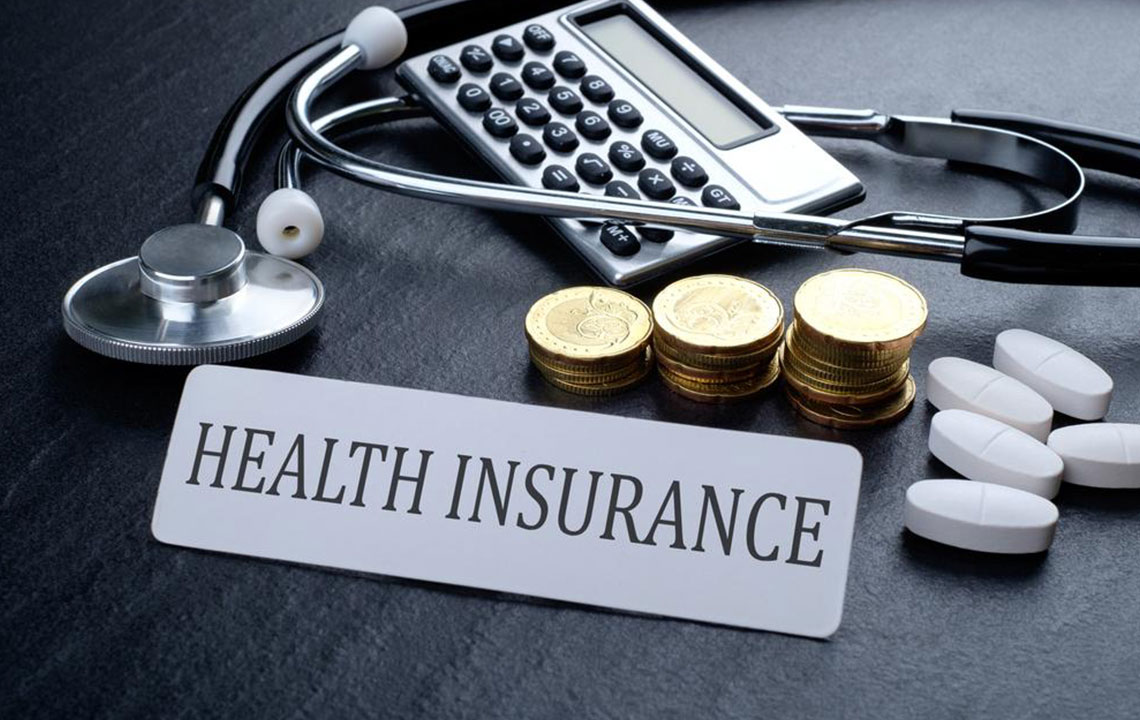Comprehensive Guide to the Risks and Benefits of Medical Credit Cards
This comprehensive article explores the benefits and risks of medical credit cards, emphasizing the importance of understanding the fine print, managing debt responsibly, and exploring alternative payment options. It provides valuable insights for consumers considering these financial tools for healthcare expenses, highlighting how to avoid common pitfalls and make informed decisions that can save money and protect credit scores.

Comprehensive Guide to the Risks and Benefits of Medical Credit Cards
In recent years, a growing number of healthcare providers have begun offering patients the convenience of using specialized credit cards to manage medical expenses. These cards, issued by various financial institutions, serve as a means to cover costs associated with treatments, diagnostic procedures, and medications—especially when these expenses are not fully reimbursed by insurance plans. As a result, medical credit cards have become a popular financial tool for many consumers seeking flexibility in healthcare payments.
One of the key features of these cards is the promotional or deferred interest plan. This allows patients to defer interest charges if they repay the entire balance within a specified time frame—often ranging from six to eighteen months. This option can prove advantageous when the insurance coverage is insufficient, or when unexpected medical bills arise that require immediate attention. However, while the deferment feature appears beneficial, it carries inherent risks that consumers should be aware of before opting in.
Despite their appeal, medical credit cards have notable disadvantages.
Understanding the potential drawbacks is essential to make informed financial decisions:
Complex Terms and Conditions: Many of these cards come with intricate terms, especially concerning deferred interest. If you fail to pay off the full balance within the promotional period, the accumulated interest can be compounded retroactively, leading to unexpectedly high charges that surpass the original costs.
High-Interest Rates and Fees: After the promotional period ends, any remaining balance often accrues interest at high rates, sometimes exceeding standard credit cards. Additionally, late payments or partial payments can trigger fees or higher interest rates, worsening your financial burden.
Upfront Payments and Negotiation Missed Opportunities: Relying solely on credit cards may lead to paying full prices upfront, preventing chances to negotiate better deals directly with healthcare providers. Often, patients can secure lower fees through direct negotiations or by shopping around, which might be more cost-effective in the long run.
Financial Mismanagement Risks: The allure of no-interest terms can encourage impulsive medical borrowing, especially during urgent situations. This can lead to accumulating debt that becomes difficult to manage, especially if unexpected costs or delays occur.
Impact on Credit Score: Missed or late payments on medical credit cards can negatively influence your credit rating. Over time, this can impact your ability to access favorable loan terms or other financial products.
Healthcare providers primarily focus on delivering quality medical care, often without additional considerations about the financial products they promote. Many consumers are attracted to the seemingly straightforward no-interest plan, but this can be deceptive if not carefully managed. The risk of incurring high-interest charges after the promotional period underscores the importance of understanding the fine print before committing.
It's crucial to approach medical credit cards with caution. Opting to pay out-of-pocket when possible can sometimes serve as a better strategy, particularly when it grants you leverage to negotiate discounts or alternative payment arrangements. Having a clear understanding of actual treatment costs upfront enables you to avoid overpaying and minimize unnecessary debt. Proper planning and financial discipline are key to utilizing such credit options responsibly.
Beware of the impulse to rely heavily on credit cards for medical bills. If you decide to use a medical credit card, ensure that you have the capacity to make at least the minimum monthly payments and to settle the full balance within promotional periods. This disciplined approach helps avoid the pitfalls of high interest and debt accumulation.
Stay informed and cautious regarding medical credit card options and their associated risks. Follow our social channels like Facebook and Twitter for ongoing tips on financial health, debt management, and investment strategies tailored specifically for consumers navigating healthcare expenses.





